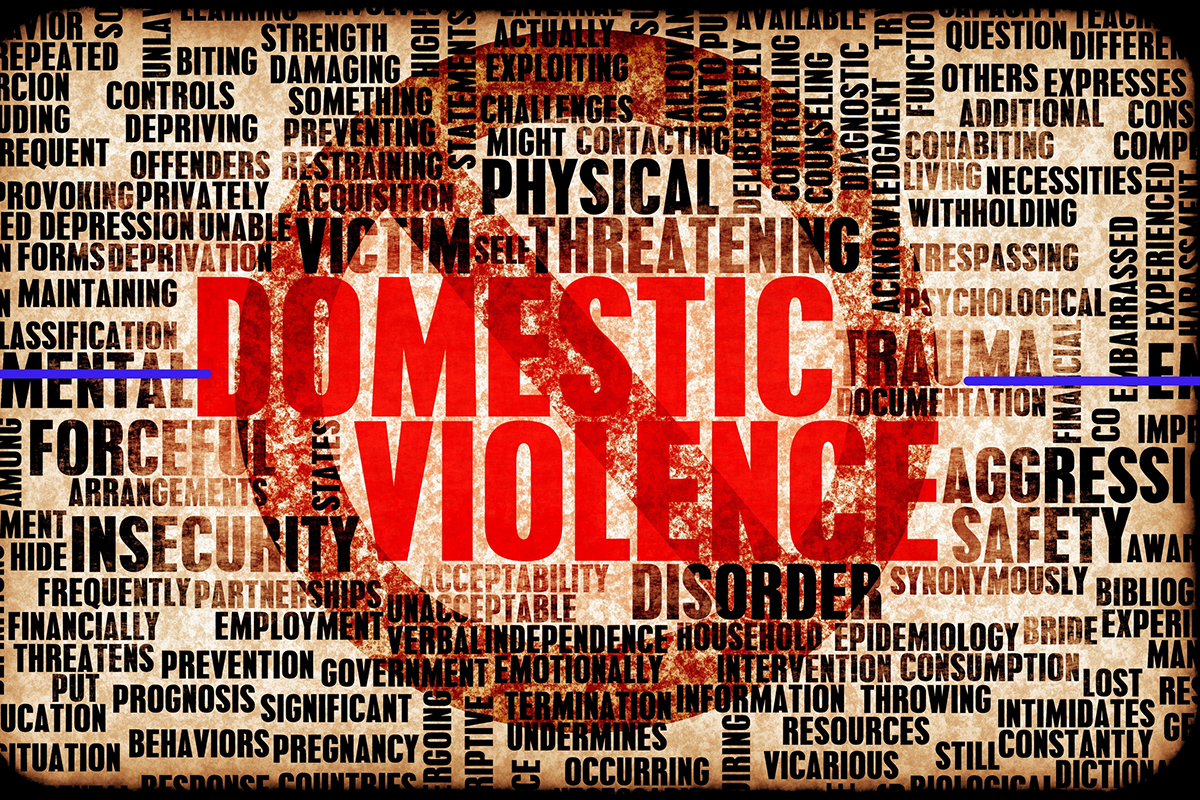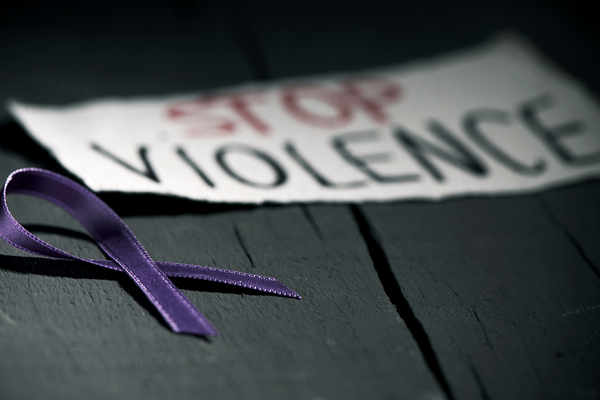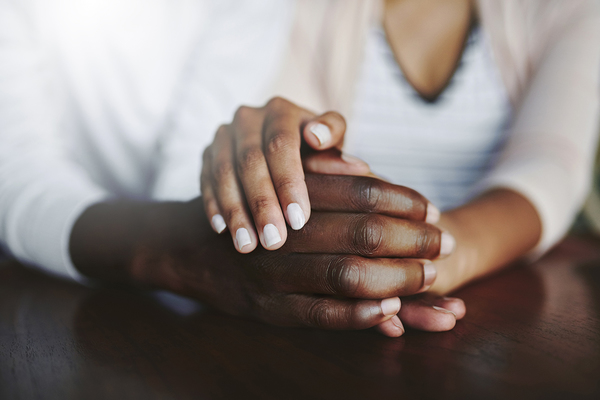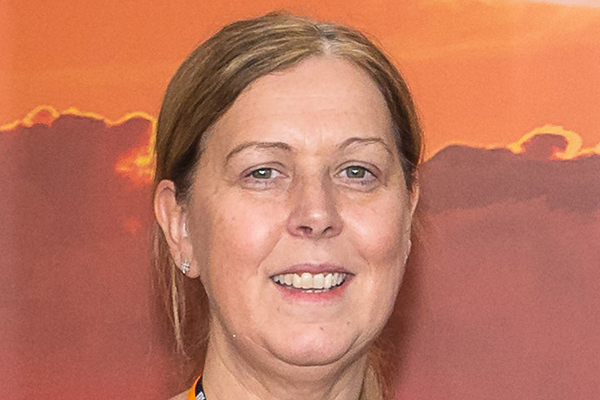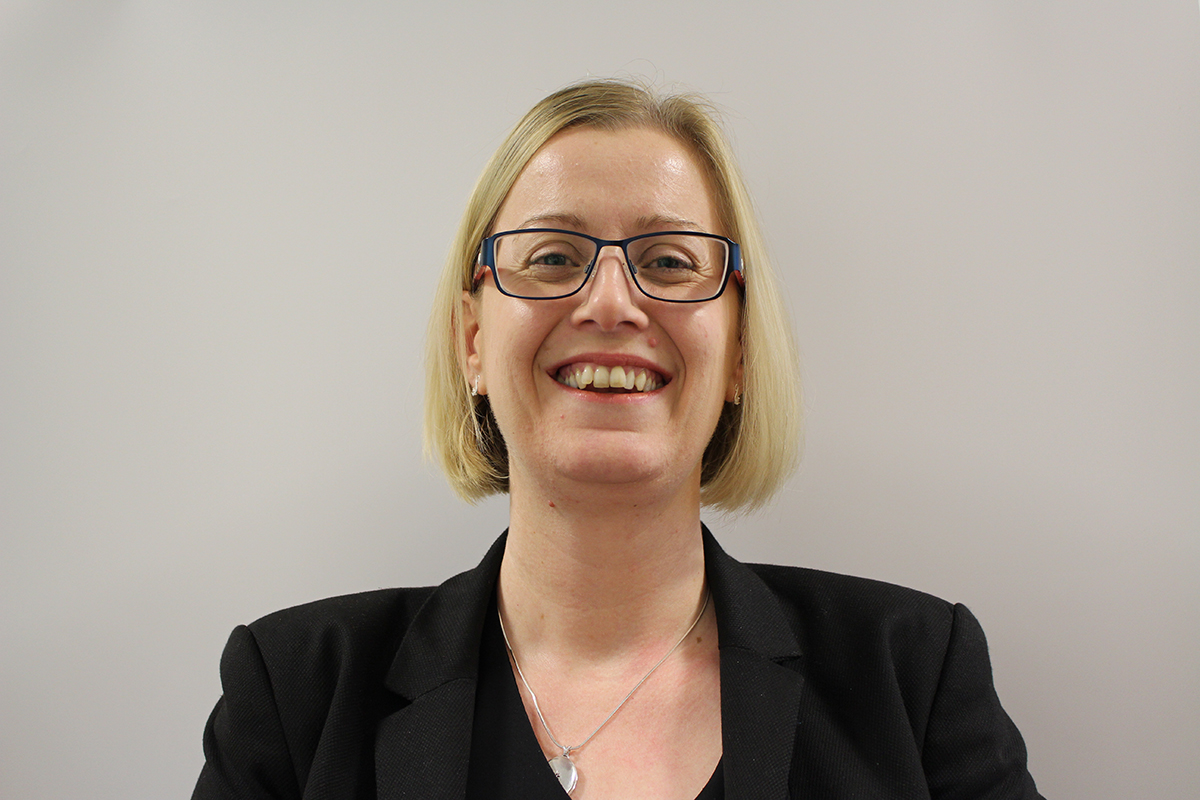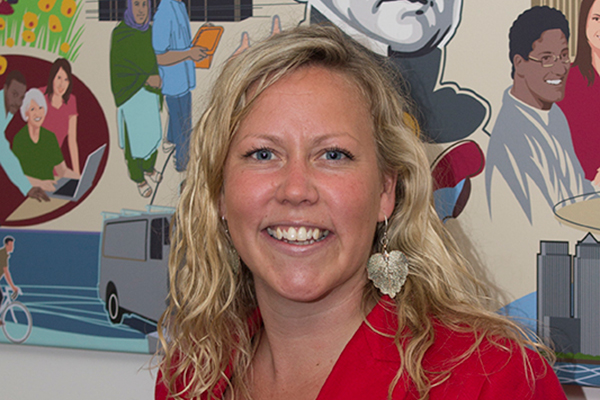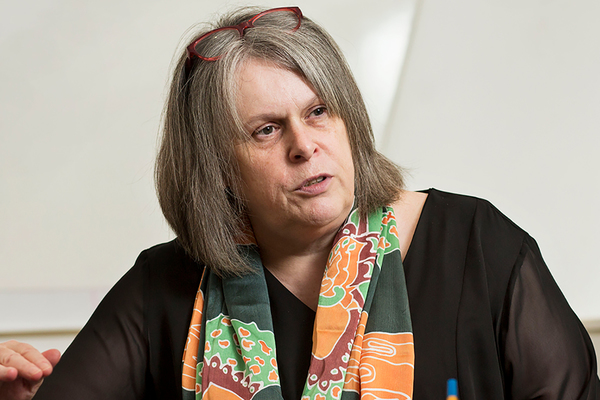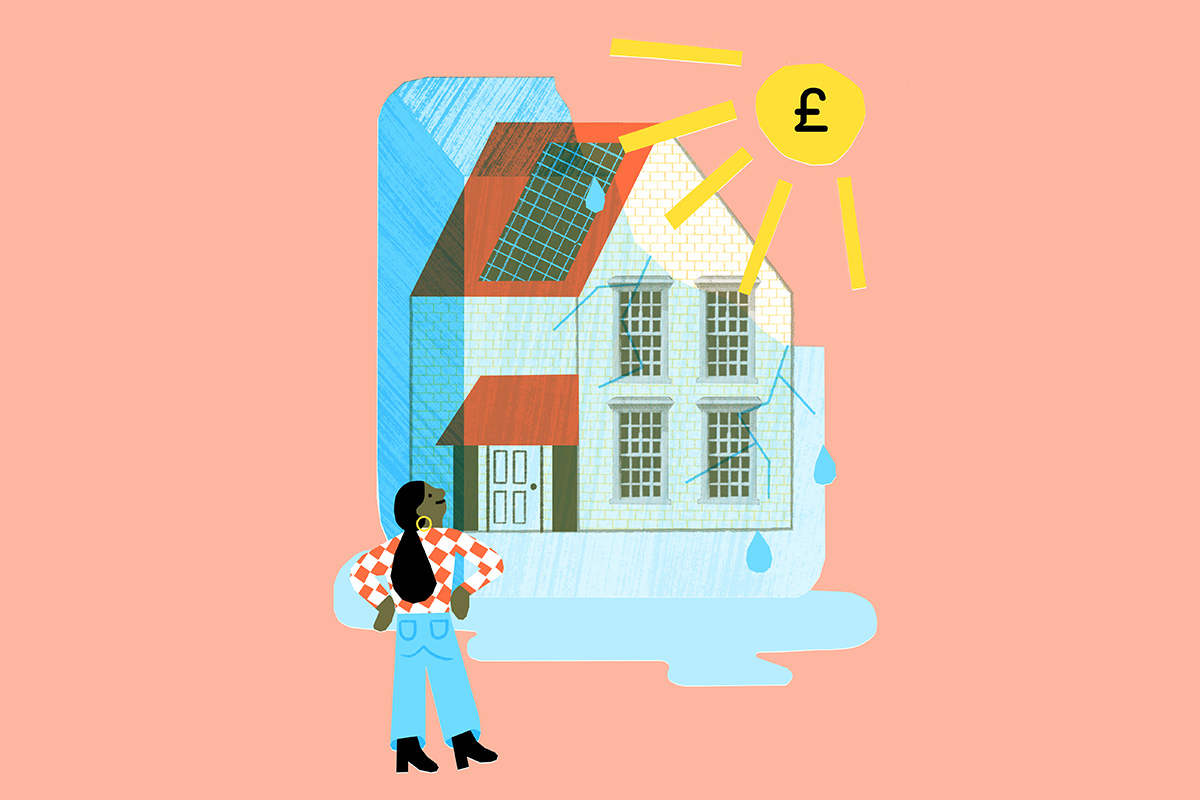You are viewing 1 of your 1 free articles
How social landlords can help stop women being killed in the home
As the latest figures on ‘femicide’ reveal the shocking number of women killed in their homes, Lucie Heath speaks to three housing professionals about what the sector can do to combat domestic violence
Last month, the annual femicide census revealed some alarming statistics: of the 139 women murdered in the UK in 2017, 46% were killed by a current or ex-partner, and of these killings 59% took place in the home.
Responding to the findings, Katie Ghose, chief executive of Women’s Aid which assisted in carrying out the research, said: “The majority of these cases are not isolated incidents, there are too many similarities in the circumstances where women are killed by men.”
If the circumstances are similar, it follows that the potential solutions can be, too. This taps into work already underway in the sector. Last year, domestic abuse received increased attention within the housing sector in large part thanks to the Make a Stand campaign, launched by the Chartered Institute of Housing in partnership with the Domestic Abuse Housing Alliance (DAHA) and Women’s Aid.
Since the campaign launched in July, 288 organisations have signed a pledge to fulfil four commitments to safeguard both staff and residents against domestic abuse.
Inside Housing spoke to three housing professionals who have been directly involved with the Make a Stand campaign to find out what has been achieved, what policies are working best, and what challenges lie ahead.
Kelly Henderson
Kelly Henderson, business manager (domestic abuse) at Gentoo and co-founder of DAHA
“We are at a very crucial turning point in the industry,” says Ms Henderson, who believes the sector has witnessed “a big sea change” when it comes to understanding domestic violence.
One of the things Ms Henderson is most proud of is the ‘Big Project’, a scheme Gentoo is involved with to help perpetrators of domestic abuse change their behaviour.
“When we do respond to domestic abuse [in the housing sector] it is usually very much about picking up the pieces after,” she said. “We have a long-standing history of providing positive engagement around anti-social behaviour but now we are doing the same with perpetrators of domestic abuse.”
As of August, 38 men have completed the six-month scheme that is carried out in partnership with Barnardos, Impact Family Services and Wearside Women in Need.
“The main sticking point now is that housing providers aren’t regulated on domestic violence,” says Ms Henderson, who believes social landlords should be made to publish domestic abuse policies in addition to those published on anti-social behaviour.
“That is the missing piece in the puzzle,” she said.
Karen Gardner
Karen Gardner, safer estates manager, County Durham Housing Group
Last summer, County Durham Housing Group deployed a somewhat unconventional method of staff training when they hired arts-based education group Changing Relations to perform a play about domestic abuse.
“Our staff are out there visiting homes all of the time, so they’re often the first ones who could spot any potential problems,” says Ms Gardner.
“The training sessions with Changing Relations have been nothing like other domestic abuse training opportunities our employees have been on before. Because it uses the voices and experiences of real domestic abuse victims, you get the genuine emotional connection and understanding that just wouldn’t be possible with other methods.”
“Hopefully it’s given [employees] the understanding and the confidence to broach what is still a widely misunderstood subject. Just knowing that it’s OK to ask a tenant if they’re alright or if they would like any support is vital,” she says.
While Ms Gardner understands social landlords may not be the first organisation people turn to when suffering abuse, she believes it is vital that housing providers are trained on the issue.
“We’ve got to recognise that most domestic abuse victims wouldn’t automatically think ‘I’ll talk to my landlord about it’, just like they don’t always come to us for help with financial worries,” she says. “But we can spread the word that help is available and make sure our employees are ready to listen and provide support.”
Gudrun Burnet
Gudrun Burnet, senior business partner (domestic abuse) at Peabody and co-founder of DAHA
Ms Burnet is pleased the housing sector is starting to distinguish between domestic abuse and anti-social behaviour.
“Where lots of housing associations go wrong is they log domestic abuse as anti-social behaviour,” she says, explaining that this triggers a sequence of services that are not helpful in instances of domestic violence, a pattern she has seen in “a couple of homicide cases”.
For example, if a violent partner is being loud or banging down a door, housing managers often receive neighbour complaints, prompting them to send a letter warning against anti-social behaviour, says Ms Burnet.
“If you are someone suffering domestic abuse, you are not going to trust an organisation if that is your first encounter with them,” she adds.
At Peabody, they decided to rename the anti-social behaviour team to the ‘community safety and support team’ to make it clear that residents could go to them with domestic abuse cases. The team, which has separate procedures for anti-social behaviour and domestic abuse, receives an average of one domestic abuse report every three days.
Yet, despite the increased awareness from the sector, Ms Burnet thinks more could be done to make domestic abuse a higher priority in terms of resources.
“Anti-social behaviour doesn’t kill two women per week,” she says.
Make a Stand
The ‘Make a Stand’ pledge has been developed by CIH in partnership with Women’s Aid and the Domestic Abuse Housing Alliance (DAHA) – made up of Standing Together Against Domestic Violence, Peabody and Gentoo. It was launched under the CIH presidency of Alison Inman in 2018, and then continued by her successor as president Jim Strang.
As of 6 February 2018, 300 organisations had signed up.
As part of the pledge, housing organisations can make four commitments to support people who live and work in housing who are experiencing domestic abuse.
These four commitments are:
* To put in place and embed a policy to support residents who are experiencing domestic abuse
* To make information about national and local domestic abuse support services available on your website and in other places which are easily accessible to residents and staff
* To put in place a HR policy and procedure on domestic abuse, or to incorporate this into an existing policy, to support members of staff who are experiencing domestic abuse
* Appoint a champion in your organisation to own the activity you are doing to support people experiencing domestic abuse
Click here to read a piece by former CIH president Alison Inman explaining more about the campaign
